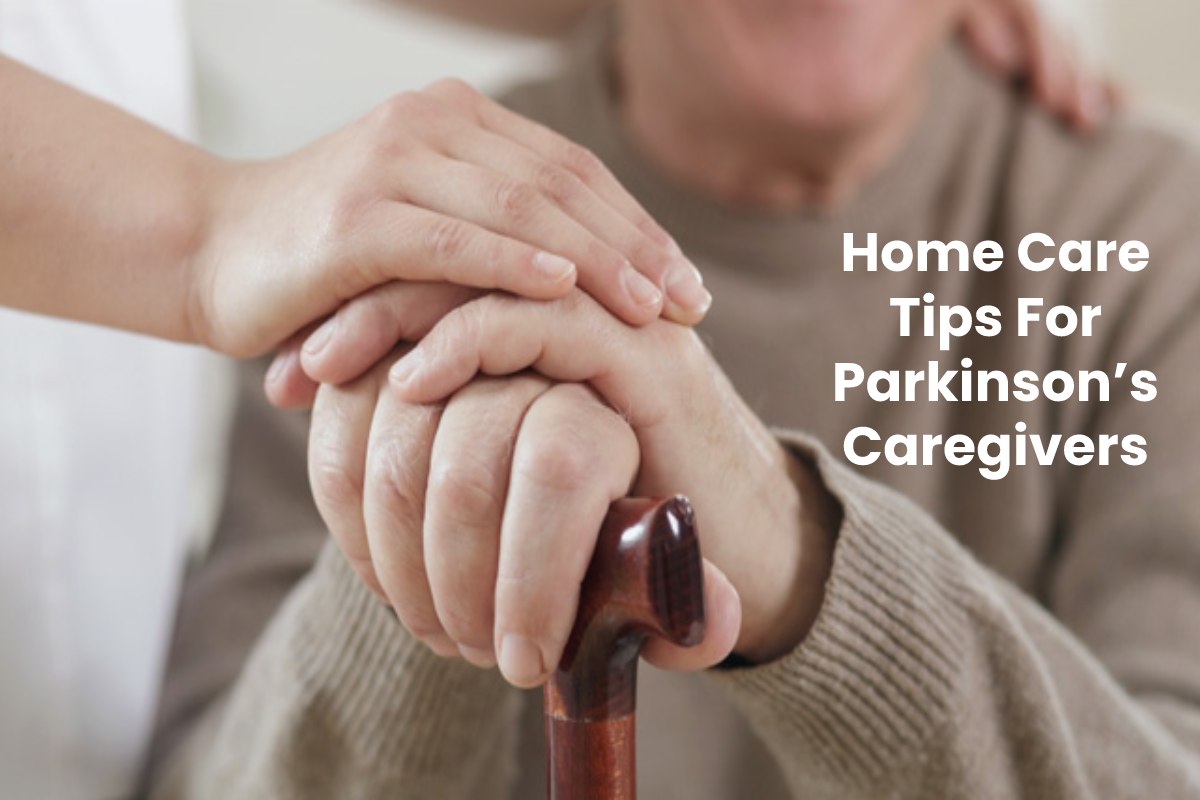Home Care Tips For Parkinson’s Caregivers
Caring for a loved one with Parkinson’s can be both rewarding and challenging. If you are a caregiver for someone with Parkinson’s, it’s important to take care of yourself, too. Below are some tips on how to manage your stress and take care of yourself while caring for someone with Parkinson’s. Read more below.
Table of Contents
Overview
Parkinson’s disease is a chronic and progressive movement disorder that affects more than one million people in the United States. Parkinson’s disease is believed to be caused by the defective combinations of environmental and genetic factors.
Parkinson’s disease is a chronic illness that affects movement. It is instigated by the demise of dopamine-creating cells in the brain. Symptoms tends to worsen over time. Early symptoms may include tremors, stiffness, slowness of movements, and difficulty walking.
As the disease progresses, patients experience problems with coordination, balance, and posture. Eventually, patients lose the ability to move freely and become confined to a wheelchair. Parkinson’s is not curable, but there are treatments available to help manage symptoms.
There is no cure for Parkinson’s disease, but there are treatments that can help to improve quality of life. The most important thing for caregivers is to provide support and assistance to help manage the symptoms of the disease.
How To Cope-Up With Parkinson’s Caregiving?
Caregivers play an important role in helping patients manage their condition. There is currently no cure for PD, however, there are treatments available to manage symptoms and slow down its progression. Here are some helpful tips for caregivers to keep them healthy and happy.
- Understand the symptoms. Parkinson’s affects each person differently, so it is important to be familiar with the specific symptoms that your loved one is experiencing. This will help you to better understand how the disease progresses and how to best provide support.
- Help with daily activities. Many people with Parkinson’s disease will need assistance with activities of daily living such as dressing, bathing, and eating. Be patient and understanding, and offer help when needed but also respect your loved one’s independence when possible.
- Encourage exercise. Exercise is critical for people with Parkinson’s. Exercise helps reduce symptoms of Parkinson’s disease. People who exercise regularly may experience improvements in motor skills and mental health. Exercise also reduces fatigue and improves mood.
- Learn About Your Rights: Know and understand your legal rights as a caregiver. Know what you are eligible to as a caregiver. You might even need to apply for them!
Home Care Tips for Caregivers
If you are caring for a loved one with Parkinson’s, there are some important things to keep in mind. These home care tips will help you provide the best possible care for your loved one.
- Be patient and understanding. Parkinson’s can be a very frustrating disease, and your loved one may have good days and bad days. It is important to be easy-going and sympathetic.
- Help with activities of daily living. Parkinson’s can make everyday tasks difficult. You can help by doing things like helping with grooming, bathing, and dressing.
- Keep the home safe. Parkinson’s can make balance and coordination difficult. Remove any potential hazards from the home, such as loose rugs or electrical cords.
- Exercise with your loved one. Exercise is important for people with Parkinson’s. You can help by exercising with your loved ones or taking them to exercise classes designed for people with Parkinson’s.
- Provide emotional support. Parkinson’s can be emotionally draining, so it is important to provide emotional support to your loved one. Listen to their concerns and worries, and offer words of encouragement when needed.
Caring For Someone With Parkinson’s – What To Expect?
Home Care Tips For Parkinson’s Caregivers – Parkinson’s is a degenerative neurological disorder that affects about 1 million people in the United States. Though there is no cure, there are treatments available that can help to manage the symptoms. As a caregiver, it’s important to be well-informed about the condition and what to expect as the disease progresses.
The most common symptoms of Parkinson’s are tremors, or uncontrollable shaking, which usually begins in one hand. Other symptoms include rigidity, or stiffness, in the limbs and trunk; slowness of movement; and problems with balance and coordination. As the disease progresses, these symptoms will become more severe and can lead to difficulties with activities of daily living such as eating, dressing, and bathing.
In the early stages of Parkinson’s, patients may only require minimal assistance from caregivers. However, as the disease progresses, they will likely need more help with activities of daily living and other tasks. It’s important to be patient and understanding, as those with Parkinson’s may have difficulty communicating their needs.
There is no cure for PD, but treatments can help manage symptoms and slow progression. Medications can relieve tremors, stiffness, slowness, and difficulty walking. Physical therapy can improve balance, coordination, and muscle tone. People with PD should seek treatment early before symptoms become disabling. Early diagnosis and treatment can prevent further damage to the nervous system.
Parkinson’s Resources for Caregivers
There are many online support groups available for caregivers of people with Parkinson’s disease. You can get emotional support and practical advice from such groups. If you are a caregiver for someone with Parkinson’s, it is important to be prepared for the challenges that come with the condition.
There is no one-size-fits-all approach to caregiving, but these tips can help you provide the best possible care for your loved one. With patience, flexibility, and a positive attitude, you can make a big difference in the life of someone living with Parkinson’s.
Conclusion
Home Care Tips For Parkinson’s Caregivers – If you are a caregiver for someone with Parkinson’s disease, you know that it can be a challenging task. However, you are not alone. Care mountain is here to help you care for your loved one. They offer tips on everything from dealing with the symptoms of Parkinson’s to managing medication. They also have a caregiving forum where you can connect with other caregivers and share advice and support. Find more at www.caremountain.com.


